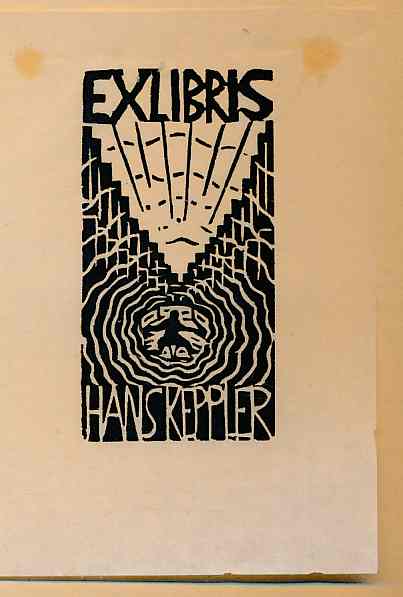

His father’s malt business supported the family.Īfter attending the Gymnasium Andreanum at Hildesheim, Rudolf enrolled in the school of theology at the University of Erlangen, which was known for its conservatism. They were originally from Peine in the Prussian province of Hannover, where Rudolf was born on September 25, 1869.

His father died when he was thirteen, after the family had just moved to Hildesheim. He never married, but devotedly cared for his widowed sister and her young daughter all his life. Otto was a physically frail man, and spent most of his adult life fighting sickness. Who was Rudolf Otto and what did he have to say that so conquered C. S. Nevertheless, we know that Lewis read this work in the late 1920s, and that its effect on him was lasting, for in a letter he wrote to Corbin Scott Carnell thirty years later, he commented, “Otto’s Das Heilige I have been deeply influenced by.” In his own book on Lewis, Bright Shadow of Reality, Carnell mentions that Otto’s work, with Chesterton’s The Everlasting Man, “were two books whose influence on him seemed to increase with time.” Indeed, it is likely that Lewis read Das Heilige several times, for, as he wrote to his friend Arthur Greeves, “I can’t imagine a man really enjoying a book and reading it only once.” Lewis, Man & Writer, always “reading, reading, reading,” Otto’s Das Heilige, or The Idea of the Holy, might be a surprising item on the Christian Century list. warn you that I am very bad at German and this doubtless influenced my choice of reading.” Thus, even for a man known to be, as George Musacchio commented in C. S. Lewis wrote to Sister Madeleva in 1934: “I shd. One exception might be the German theologian Rudolf Otto. Indeed, it is likely that many readers came to their own knowledge of writers like MacDonald, Chesterton, and Williams through reading what Lewis had to say about them.

Readers of Lewis, especially those familiar with his 1955 autobiography, Surprised by Joy, will recognize most of these titles and understand their importance to Lewis. Chesterton, The Aeneid by Virgil, The Temple by George Herbert, The Prelude by William Wordsworth, The Consolation of Philosophy by Boethius, The Life of Samuel Johnson by James Boswell, Descent into Hell by Charles Williams, Theism and Humanism by Arthur James Balfour, and Das Heilige by Rudolf Otto. Lewis politely answered with a list that included: Phantastes by George MacDonald, The Everlasting Man by G. K. Lewis a questionnaire asking him what books most influenced his “vocational attitude” and philosophy of life. In June 1962, The Christian Century sent C. S. Lewis & Rudolf Otto’s The Idea of the Holy by Clara Sarrocco

Surprised by Awe by Clara Sarrocco Feature Surprised by AweĬ. S.


 0 kommentar(er)
0 kommentar(er)
